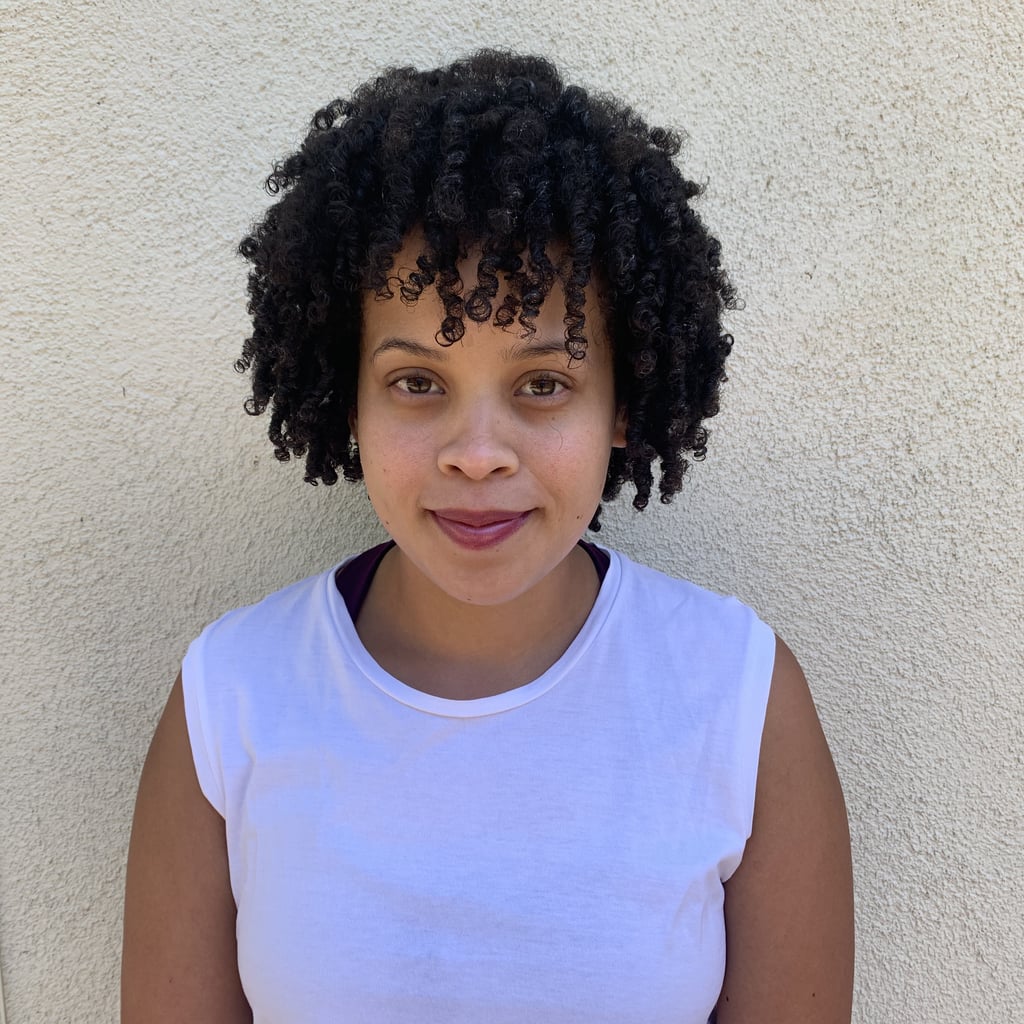8 Things You Should Never Say About Black Hair, According to 8 Black Women
8 Things You Should Never Say About Black Hair, According to 8 Black Women
I remember exactly where I was when I first heard “Don’t Touch My Hair” by Solange. I was living in London for grad school and interning at a women’s fashion magazine. As I walked from the tube to the office, I was grinning listening to the song on repeat. I was so proud that Solange was able to articulate the Black hair experience so well, and impressed that she took the words out of my mouth on what it feels like to have Black textured hair.
When I arrived at the office, the conversation continued. The album was the only thing we spoke about that morning. My white counterparts were so fascinated with the record Solange produced and curious to know if touching a Black women’s hair is as wrong as she made it seem. To answer them, I recited some of the pre-chorus:
You know this here is my sh*t
Rolled the rod, I gave it time
But this here is mine
To me, that perfectly explains the annoyance some of us Black women feel when someone asks to (or doesn’t ask, but just does) touch our hair. We want you to know that it is ours, that we put in the time and that you touching it is a violation of our personal space and the hairstyles we spend time perfecting.
For myself, and many Black women, my hair has often made me a target for offensive comments and questions. People constantly ask if my hair is real, if they can touch it, if I wash it, and a slew of other unwarranted questions. Although a lot of this built up energy stems from curiosity and a fascination for Black hair, some questions should be left unasked. For that reason, I put together a list of questions myself and other Black women get asked about their hair — but shouldn’t.
1. “Is Your Hair Real?”
I’ve heard people ask Black women this whether their hair is natural or in a protective style. Although this question is invasive and rude, I want to give humanity the benefit of the doubt and assume they ask to scratch a curiosity of theirs. I think the curiosity is because many of our textures aren’t visible in mainstream society. White women appear in media many more times than Black women, and this invisibility sends a message that our hair is unappealing. By asking us if our hair is real, you are furthering this stereotype.
Source: Read Full Article
